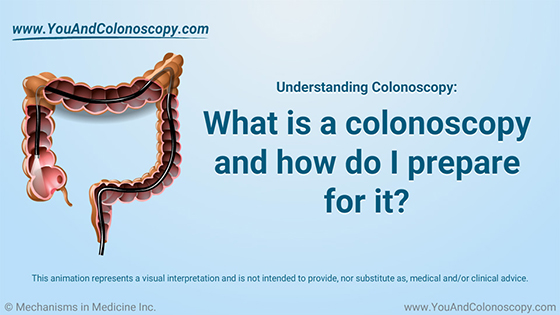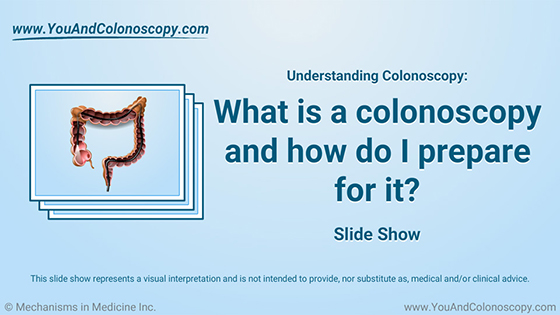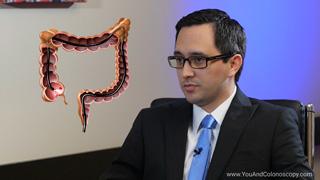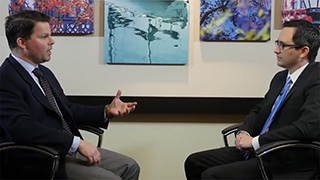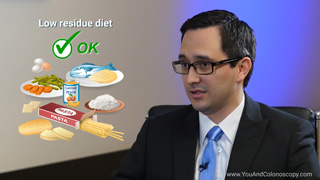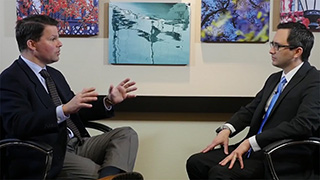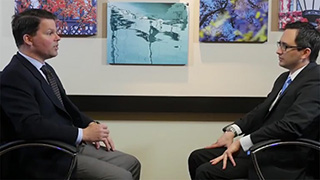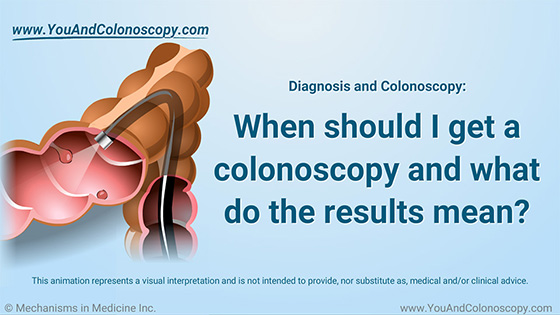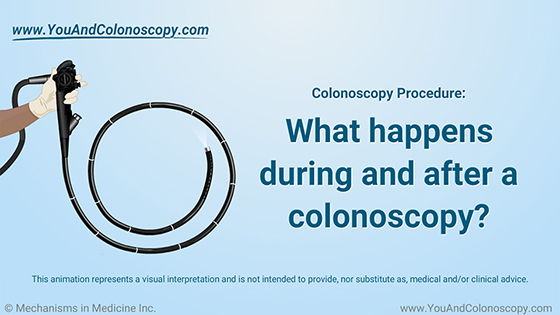Colonoscopy bowel prep is a two-step process that involves
dietary restrictions and taking a
bowel prep medication. In this video, Dr. Echavarria and Dr. Gelrud discuss the dietary restrictions that are required before a colonoscopy.
Three days before your colonoscopy, you will need to begin a
low residue diet of foods that are very low in fiber and easy to digest (e.g., white bread, rice and pasta, plain crackers, canned fruit, lean meats without skin, and eggs). Do not eat seeds, green vegetables such as broccoli, cauliflower, kale, cabbage, and do not have dairy, or certain juices like prune juice.
One day before - and the day of - your colonoscopy you will need to limit your diet to
clear liquids only (e.g. clear broth, black tea or coffee, clear, light-colored juices, clear soft-drinks, clear sports drinks, plain gelatin without fruit, pulp-free juice bars, and water). Do not drink alcohol, liquids you can’t see through, dairy products, or red or purple liquids (these colors may be confused for blood during the colonoscopy).
On the day of your colonoscopy, do not drink anything two hours before your procedure.
-
Share with family and friends:
Click here to take our SURVEY
Your feedback is important to us! We will use your feedback to develop future areas of content about colonoscopy which will help other patients, caregivers and families.
